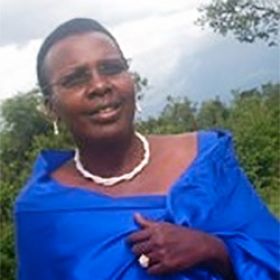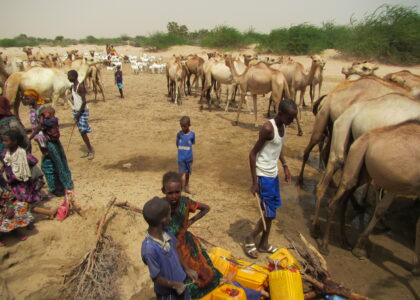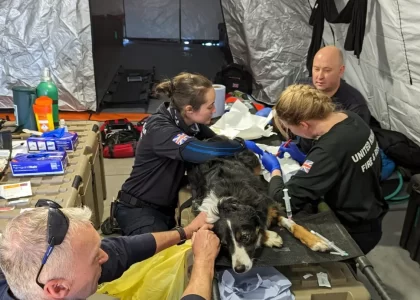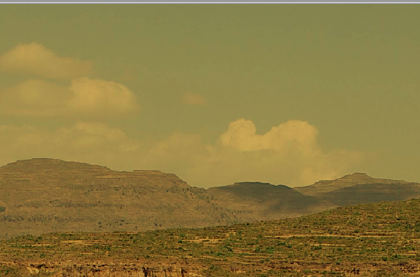Elizabeth Katushabe, PENHA Uganda Project Officer
Women play an important role in the pastoralists’ way of life. They have diverse responsibilities with regard to the livestock, the land, and the household. Women also have a lot of knowledge regarding natural resources management.
Most livestock keeping roles in pastoral communities are divided among women and men. For example, men and women have different livestock related tasks, knowledge and ownership rights. They also have different ideas about the relative importance of natural resources. These differences originate from the gender based responsibilities of providing for the needs of households.
Though women pastoralists play important roles that benefit both their communities and the environment, they have not been fully recognized. Women are excluded from decision making processes and this weakens them in society.
While women are considered the most vulnerable group in most societies worldwide, women pastoralists are doubly vulnerable because they are members of the largely marginalized communities! Gender imbalances and inequalities prevent the society as a whole from realizing the full potential of women in social, economic, legal and political spheres.
For sustainable pastoralism, gender based programmes should include an approach aiming at diversifying economic participation of women and reinforcing their capacity to organize themselves for purposes of defending their interests.
Capacity building and empowerment helps women pastoralists to transform their impoverished communities. The Pastoral and Environmental Network in the Horn of Africa (PENHA), with support from the Danish International Development Agency (DANIDA), has been contributing to the economic empowerment of women. This program aims to promote gender equity and expand women and girls’ access to opportunities. The outcomes of the programme include improved capacity of women organizations and adoption of alternative livelihoods such as tailoring and goat rearing by women to supplement cattle herding whose ownership is usually vested in men. In Uganda, the program focused on the cattle corridor. Programs promoting pastoralism should involve both men and women and raise awareness on women’s health and family planning; take into account their culture; promote human rights and women’s rights in particular; and increase women’s access to education.
It is important to inform the population of the economic opportunities for women, and encourage debates about the role of women in peace building efforts. Programme designers should consider the local rules that govern women’s access to and control over livestock and their products.
Like in other societies, there are changing gender roles among pastoral communities. Therefore, it is important to appreciate the women pastoralists’ knowledge of and contributions to sustainable land management, and the coping mechanisms they have developed in their struggle to survive. Their traditional knowledge should be utilized and they should be supported in order to overcome modern challenges. This can be achieved by empowering them through capacity building, and increasing their access to productive assets and promoting participation in policy making.
Source: Unfolding Pastoralism in Uganda by Uganda Land Alliance (ULA) Newsletter Issue 11, 2012





